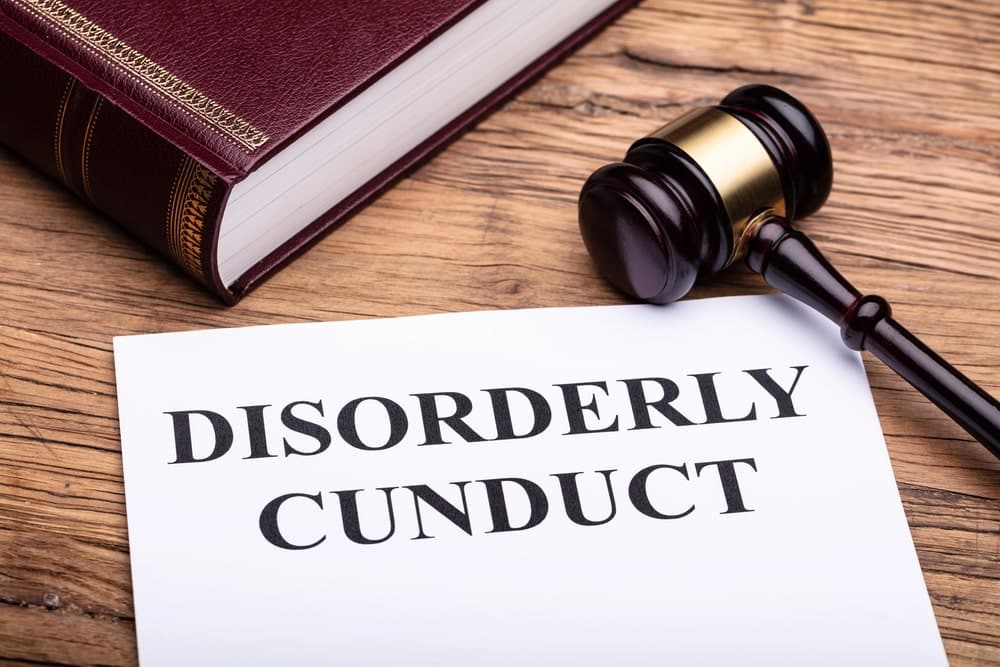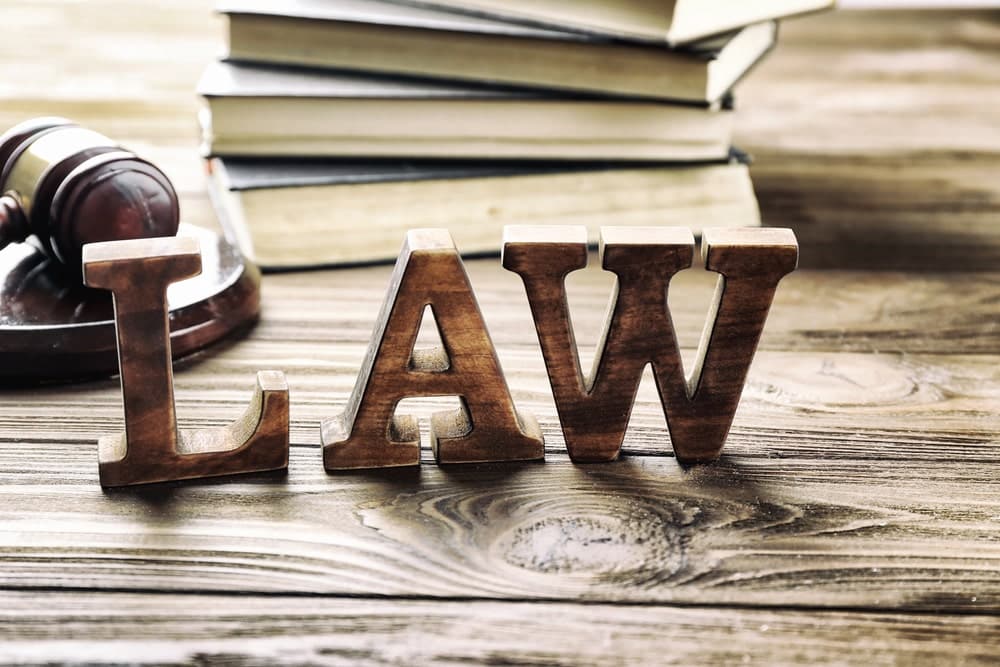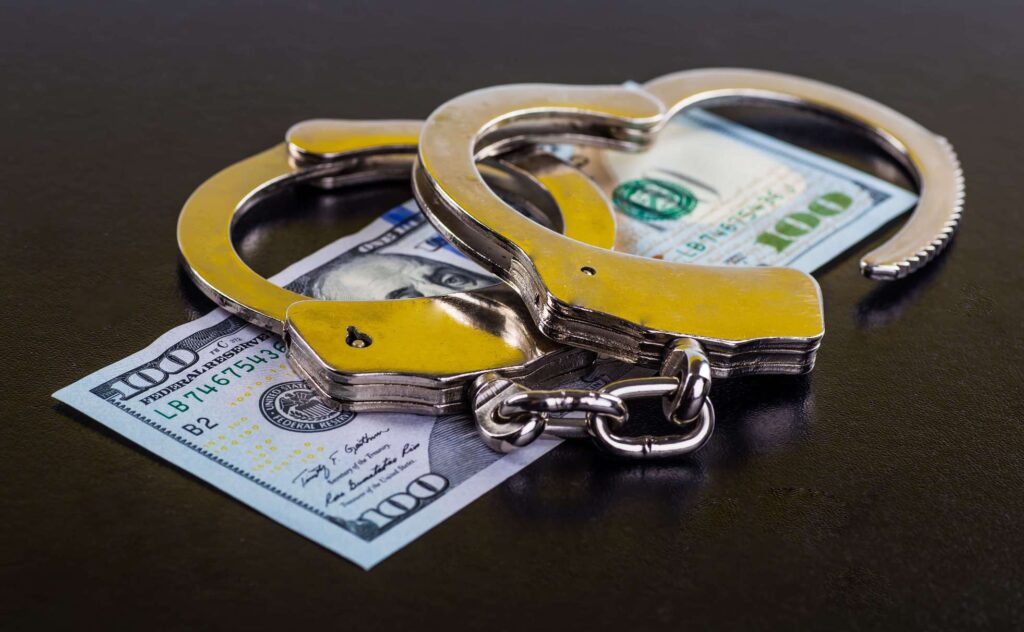As a result, federal laws typically cover extremely serious, wide-ranging offenses, leaving state laws to deal with localized issues. Such federal laws have some pretty serious penalties, so facing federal charges is a serious situation. Oftentimes, a state charge that might carry a few months as a likely punishment, could result in a decade or more of hard prison time for the equivalent federal offense.
When it comes to sentencing and punishment recommendations, the federal government is often behind the times. One of the ways that they live in the past is when it comes to drugs. The federal government still thinks that drug possession is enough of a “big picture” problem to warrant having tough federal laws, with draconian sentences, to wage its “War on Drugs.” This results in small-time drug addicts and petty dealers getting massively disproportionate sentences.
Call 207-571-8146 or contact us online to schedule a consult with one of our highly skilled criminal defense & OUI lawyers, serving Southern Maine, today.
Table of Contents
Controlled Substance Possession Federal Schedules
Like the state of Maine, the federal government categorizes regulated drugs, which it calls “controlled substances,” into a list of “Schedules.” While Maine’s drug laws have four Schedules, federal drug laws have five:
Schedule I
Schedule I is for drugs that have a high potential for abuse, and no currently accepted medical use in the U.S. These include many types of opiates and their derivatives, as well as several hallucinogens. Included in Schedule I drugs are heroin, codeine, morphine, and marijuana.
Schedule II
Schedule II is composed of drugs that also have a high potential for abuse, which can lead to severe psychological or physical dependence on the drug. However, there are acceptable uses of the drug for medical treatment. Schedule II includes many types of opiates and methamphetamine.
Schedule II
Schedule III drugs have a moderate potential for abuse, which can lead to high psychological dependence, or moderate physical dependence, on the drug, but which also has accepted the medical value. Here, you’ll find stimulants, depressants, anabolic steroids, and narcotics.
Schedule IV
Schedule IV lists drugs that have low abuse potential, and abuse only leads to a limited dependence on the drug. These drugs also currently have a medically accepted use in the U.S. This includes drugs such as barbital, ethinamate, and paraldehyde.
Schedule V
Finally, Schedule V drugs have a very low potential for abuse, have a medically-sound use in the U.S., and abuse only leads to a limited dependence on the drug. This includes low amounts of several types of drugs, such as codeine or opium.
For a full listing of the drugs included in the federal drug Schedules, see this page.
Call 207-571-8146 or contact us online to schedule a consult with one of our highly skilled criminal defense & OUI lawyers, serving Southern Maine, today.
Possible Defenses Against a Federal Drug Possession Charge
According to federal drug laws, you can be charged for possessing a controlled substance if you know you are in possession of an illegal drug or intend to be in possession of an illegal drug. While this might seem somewhat straightforward, criminal defense lawyers, like William T. Bly, have argued all of the minute details involved in these laws until they’ve all come to light.
In the case of federal drug possession laws, the federal government must prove that you “knowingly or intentionally” possessed a controlled substance, in order to obtain a conviction. This is the law’s “culpable state of mind” requirement. To be convicted of federal drug possession charges, you need to have known that the drugs were illegal, and you that you had control over the drugs, and also intended to have control over the drugs.
Additionally, the act of “possessing” drugs has a lot of nuance to it, as well. Under federal drug possession laws, you “possess” drugs if you have actual or “constructive” control over the contraband. “Actual Control” is when you have a current, physical ability to manipulate the object. “Constructive control” is when you don’t have a current ability to manipulate the object, but could easily get it.
A good example of what it looks like to “knowingly” and “intentionally” “possess” drugs is if you pick up the wrong luggage at the baggage claim in an airport. Unbeknownst to you, there are several bags of heroin in the luggage. When you pick up the luggage, you still think that it’s yours, and so neither “knowingly” nor “intentionally” possesses drugs. However, you do “possess” them, because you have a current ability to reach into the luggage, and touch them. You still have “possession” of the drugs when you put the luggage in the trunk of a taxi – only now, it’s “constructive possession.” When you get home and find the drugs, you now “knowingly” possess them. However, you don’t “intentionally” possess them until you decide to keep them.
Bear in mind that federal drug possession charges can turn into drug trafficking charges, depending on the circumstances of the case.
Call 207-571-8146 or contact us online to schedule a consult with one of our highly skilled criminal defense & OUI lawyers, serving Southern Maine, today.
Federal Drug Possession Penalties
Generally, a conviction for federal drug possession depends on the number of times you have been convicted for drug possession – whether under federal law or under state law – in the past as well as the quantity of the drugs you were charged with:
| Offense Number | Fine | Jail Time |
| First | Minimum $1,000 | Up to 1 year |
| Second | Minimum $2,500 | Between 15 days and 2 years |
| Third | Minimum $5,000 | Between 90 days and 3 years |
However, federal drug possession laws single out crack cocaine for heightened penalties. While this piece of the law has long been controversial, it still hasn’t been completely resolved. As a result, you could face between 5 and 20 years in federal prison, and a fine of at least $1,000, if:
- It’s your first conviction for federal drug possession, and you had more than 5 grams of crack cocaine,
- It’s your second conviction for federal drug possession for crack cocaine, and you had more than 3 grams of crack cocaine, or
- It’s your third conviction for federal drug possession for crack cocaine, and you had more than 1 gram of crack cocaine.
According to the Federal Sentencing Guidelines, federal drug possession charges come with a huge range of offense levels – and, therefore, a huge range of fines and jail time – depending on the drug possessed, and its amount.
Contact Our Federal Drug Possession Lawyers in Maine
Federal drug possession charges are no small concern. They can be life-changing – even more so than state drug charges. Having a criminal defense attorney on your side can mean the difference between a life-altering conviction, and an acquittal that can let you return back to your normal life.
Contact The Maine Criminal Defense Group today to schedule an appointment with one of our knowledgeable attorneys.
Call 207-571-8146 or contact us online to schedule a consult with one of our highly skilled criminal defense & OUI lawyers, serving Southern Maine, today.
Blog Posts

If you receive a traffic ticket in Maine, you may be facing far more than demerit points or an administrative penalty. You could be facing criminal sanctions and a permanent[...]

In Maine, disorderly conduct laws effectively make disturbing the peace a criminal offense. While disorderly conduct is considered one of the least serious offenses under Maine’s Criminal Statutes, it can[...]

Any criminal charge for a drug-related offense is a serious matter in Maine,but how consequential the outcomes can get may depend on whether the charge is filed at the state[...]


Self-defense laws in the U.S. are complex, vary from state to state, and are often misunderstood. “Stand your ground” laws allow an individual to use deadly force in self-defense in[...]

Every day in Maine, people are charged with crimes that they did and did not do. Fortunately, in the U.S., we have a justice system that says you’re innocent until[...]

Expungement is the practice of legally erasing or striking out documents or information relevant to criminal charges. It’s not possible to expunge a criminal record in Maine. However, other avenues[...]

If you have been arrested or are under investigation for a crime in Maine, it is crucial to retain the services of a competent and experienced criminal lawyer. A criminal[...]

Bail Code in Maine Title 15, Chapter 105 of the Maine Revised Statutes governs all issues pertaining to bail in Maine. When a defendant has been arrested and charged with[...]

In the span of less than 5 decades, computers have utterly transformed our society. Those of the baby boomer generation will be able to appreciate the scale of this transformation[...]


